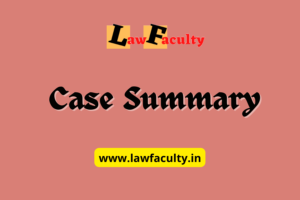Helvering v. Davis, 301 U.S. 619; 57 S. Ct. 904; 81 L. Ed. 1307 (1937)
Facts—George P. Davis, a shareholder of the Edison Illuminating Company of Boston, brought suits to restrain the corporation from making the payments and deductions called for by the Social Security Act under Titles VIII and II. The District Court held that the tax on employees was not the issue, and that the tax on employers was constitutional. The Court of Appeals reversed the decision, holding that Title II was an invasion of powers reserved by the Tenth Amendment to the states, or to the people. The tax on employers was considered invalid for the additional reason that it was not the type of excise understood when the Constitution was adopted.
Question—Does the tax imposed upon employers invade powers reserved to the states by the Tenth Amendment?
Decision— No.
Reasons—J. Cardozo (7–2). Under the Constitution, Congress can spend money for the general welfare; however, difficulties are left when the power is conceded. The line must be drawn between one welfare and another: general and particular. There is a middle ground. The discretion is not confided to the courts. The discretion belongs to the Congress, unless the choice is clearly wrong. The spreading from state to state of unemployment is an ill not particular but general, which may be checked, if Congress so determines, by the resources of the nation. The ill is all one, or at least not greatly different, whether men are thrown out of work because there is no longer work to do or because the disabilities of age make them incapable of doing it. Consequently, when money is spent to promote the general welfare, the concept of welfare is shaped by Congress and not by the states.
J. McReynolds and J. Butler issued a single sentence indicating their view that this tax violated the Tenth Amendment.
Note—Helvering was handed down the same day as Charles C. Steward Ma- chine Co. v. Davis, 301 U.S. 548 (1937), and greatly relied on it.

